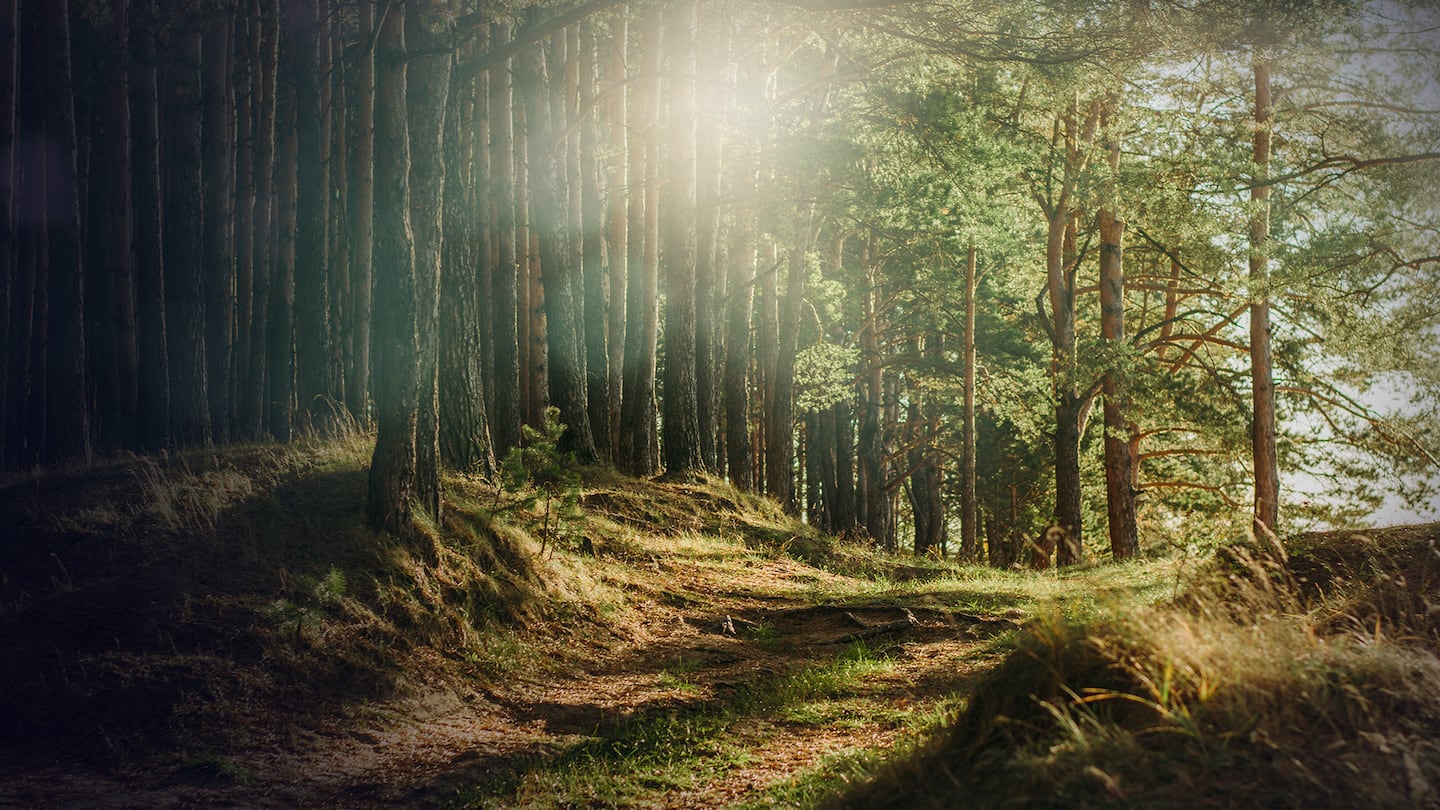National wants a minister for hunting and fishing in its next cabinet.
“There are more than a million New Zealanders who hunt and fish recreationally,” National’s spokesperson for hunting and fishing, Todd McClay says. “Many of them also do it to gather food for their families and we’ve decided they deserve a greater say in government.”
“This is a signal that says hunting and fishing is valued by National,” McClay says.
But the idea is drawing flak from both the left and the right.
Taxpayers’ Union campaign manager Callum Purves says this is not in line with National’s promise to cut back on the bureaucracy and get rid of unnecessary positions.
" At this point we might as well have a minister for the weekend, or a minister for video gaming,” he says.
Green spokesperson for conservation Eugenie Sage says New Zealand already has a minister for sport, and it doesn’t need a separate minister for hunting and fishing. “It seeks to give hunters privileged access over other recreational users of public conservation,” she says.
But McClay says this will not raise costs. “We are not creating a new ministry,” he says, “only a minister”. “Everything that we’re looking at can be done within existing budget lines.”
‘Valued introduced species’
A lifelong hunter in Te Urewera, Rapaera Black, says he is open to the idea of changes to hunting laws and regulations but Māori perspectives need to be taken into account.
“Ko te mea mataku au, ka whakatūhia, ana, kua whakaturea ka mau ko tāua. Me mōhio pai tātou he aha ngā tikanga, he aha ngā ture e whakatakotohia ana e te kāwanatanga.”
(What I’m afraid of is if these laws are set in stone we get caught out by them. We need to be clear about what rules and regulations will be introduced by the government.)
Under its policy, National wants to guarantee access to public land for hunting and fishing, pledges not to require a licence for game animal hunting or sea fishing, and to de-classify game animals as pests.
“What we’re saying is we’re going to recognise these animals (deer, tahr, pigs etc) and trout and salmon as valued introduced species,” McClay says.
“When it comes to biodiversity, our biggest challenge is over possums, wallabies, goats and so on. They remain pests, and the focus will be on how we ensure they don’t affect the natural environment,” he says.
Black says for many hunters in Te Urewera it makes no difference how animals are classified. Kai is kai.
“Kua rahi haere te utu o te mīti, kua ako tāua ki te kai i ngā kai nei e kīia nei he pest.” (Meat is getting expensive, we’ve learnt to eat so-called pests.)
“Kua mōhio mātou ki te kai paihamu,” he says. (We’ve learned to eat possums.) “I prefer a chicken but there are times – things are getting tight.”
‘It will always be a pest’
Eugenie Sage says de-classifying animals as pests won’t work. Recreational hunting pressure and people hunting for kai have been unable to keep numbers down, she says.
“Deer numbers across Aotearoa are exploding. We need more control, not less,” Sage says.
“Tāngata whenua did not ask for the introduction of deer,” Raukūmara Pae Maunga Governance member Tui Warmenhoven (Ngāti Porou) says. “And now here in Te Tai Rawhiti, deer have decimated our understory.”
Deer are one of the targets for the Restoration Project’s pest programme. “You can’t just go re-classify things,” Warmenhoven says. “It’s a pest, and it will always be a pest.”
Parties seeking to be in government should be focusing instead on increasing the budget for pest control and meeting the Pest-free 2050 obligations, Warmenhoven says. “Bring it forward in fact to 2040, or 2035 even,” she says. “2050 is too far away.”
The investment for goat control and deer management is nowhere near enough, Sage says. “The last time National was in power it slashed conservation funding,” she says.
McClay says the Department of Conservation’s $710 million budget is a significant amount of taxpayers’ resources. “We are talking about using that appropriately,” he says.

